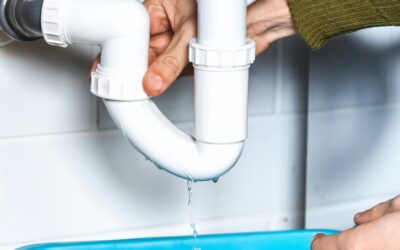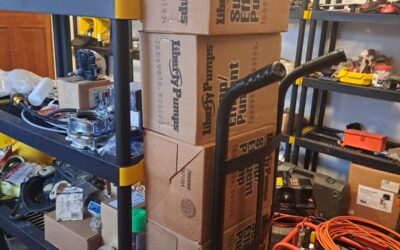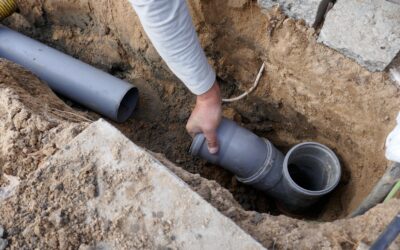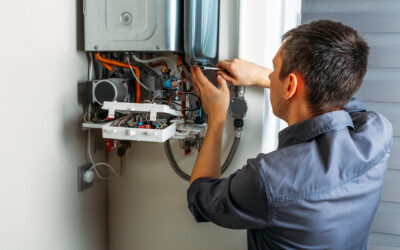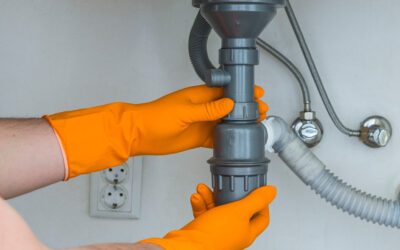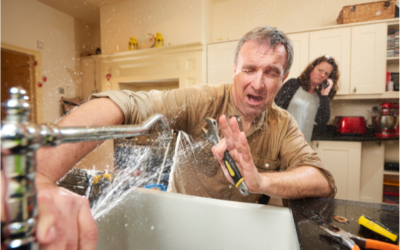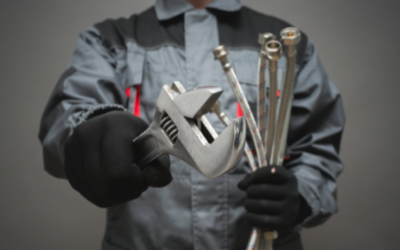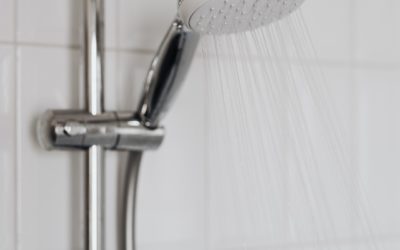As the summer months roll in and temperatures rise, so does the demand for water—especially for lawns, gardens, and landscaping. For many homeowners, this means extended use of sprinkler systems, drip irrigation, and outdoor faucets. While most people associate...
plumbing tips
Sewer Line Repair: What Every Homeowner Needs to Know
As a homeowner, understanding the intricacies of your plumbing system is crucial, especially when it comes to your sewer line. A malfunctioning sewer line can lead to severe issues, from unpleasant odors to significant property damage. This guide will cover everything...
When to Call a Plumber to Repair a Leaking Pipe
Leaky pipes are more than just a minor inconvenience—they can lead to significant plumbing emergencies, from water damage to inflated water bills. Recognizing when it’s time to call a licensed plumber is key to avoiding major problems. Here are some signs you should...
Plumbing Tips to Keep Your Home From Flooding
The rains have been unprecedented in Colorado this year. We are getting more calls this year for flooded basements than we have in many years. This is due to failed sump pumps, no sump pump currently installed or issues with external drainage away from foundation...
6 Ways to Choose the Best Plumbing Company for Your Needs
When it comes to something as important and complicated as plumbing, you need to make sure that you are working with the best. Selecting the right plumbing company can result in quality work that is completed on time and within budget – while a wrong choice can lead...
Water Heater Types and When to Get Them Repaired or Replaced
Your Hot Water Heater Specialists Finding the best water heater replacement in Littleton, Colorado, can be daunting, especially since many options exist. If you're looking for a quality product, look no further than Drain Terrier. We offer the highest quality products...
How Do Plumbers Clean Drains?
Cleaning Your Drains Professional plumbers at Drain Terrier in Denver, Colorado, have a wide range of tools available that allow them to clean drains and clear clogs, including specialized equipment designed to blast apart stubborn obstructions and chemical additives...
What does a Denver Drain Cleaning Company Really Do?
What does a Denver Drain Cleaning Company Really Do? You may be reading the title and asking yourself, what is a drain cleaning company? What does a drain cleaning company really do? Is it more than just a plumber fixing clogged toilets and sometimes the kitchen sink?...
How to Find a Drain Cleaning Company in Littleton, Colorado
Are you experiencing broken, leaky, or loose kitchen faucets? Are you having issues with your water heater and unsure whether you should repair a piece or replace the entire water heater? If you answered yes to either of these questions, you are in need of a drain...
Stop Water Wastage With Professional Plumbing Services
As a homeowner, it’s all too easy for water wastage to pass you by. But, especially if it’s been a while since your scheduled Denver plumbing services, it’s possible that your household is wasting a significant amount of water every month. Water wastage can be...


